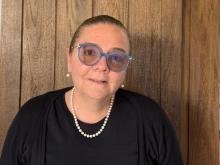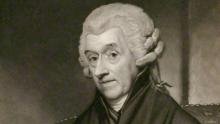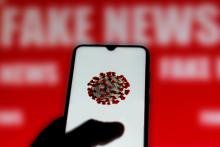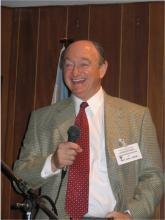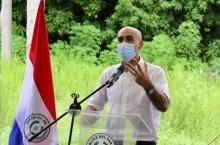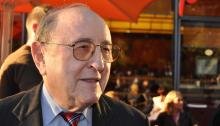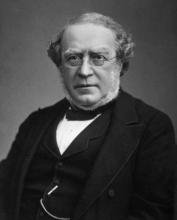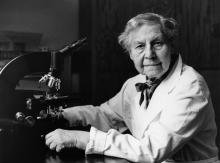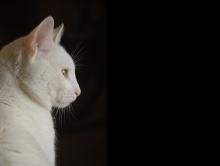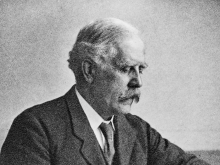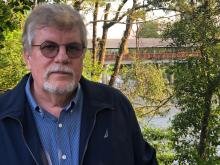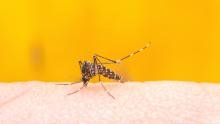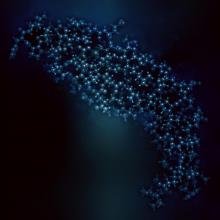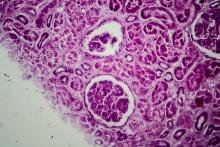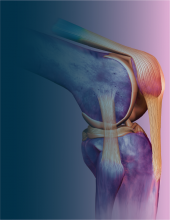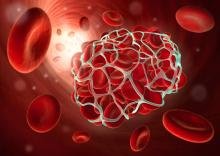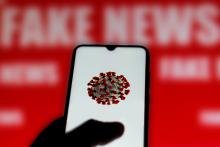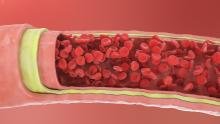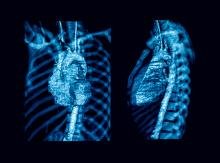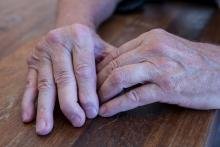Stefano knows he is not the only one, but misery loves company. He walks oblivious to other passers-by, absorbed in his reflections and dragging his feet as if walking in mud. He has not been able to get rid of a relationship as intense as it was toxic, keeping him from moving on. He reproaches himself for having been so clumsy, so lukewarm, knowing that she was married and would never leave her family.
He goes inside the usual bar and meets the gaze of two neighbors who do not recognize him but whom he has seen bowling in the nearby park. The place smells of used tobacco and latent dampness; perhaps not the most hygienic place to eat tapas. He approaches the bar and reluctantly greets Miguel, the plumber, who watches him from a corner while drinking a beer.
So much melancholy - he says to himself. - Where does he get the strength to go on with his life?
Unintentionally, he thinks about the skin of snakes, as if it were possible for the human body to get rid of false promises and wandering loves.
A random couple enters laughing and gets laconic looks from the crowd. The woman is blonde, quite young, and walks in the arms of the man who sensually embraces her. They sit in a corner and kiss as if they were alone, defying the envy of the crowd.
A few tears run down his cheeks and land on the coffee that cools down without Stefano even trying it. He has flashbacks of the furtive kisses, the secrecy, the passion they built against their will, hidden from the eyes of their co-workers. It was a game that ended up burning them from the inside.
She is probably now gaining her family back, discarding the affair, as dead leaves fall off in autumn. Ruminating, he wipes his tears with the back of his hand.
Should I pour you another, kid? - asks the bartender, leaning back to bring him an anise drink. - Try it -he tells him- it is good for the heartbreak.
The young man looks up with a glazed look and thanks with a grimace before downing the liquor in one gulp.
Slow down, man - the old man tells him. - Every cloud has a silver lining.
That night Stefano wanders the streets of the neighborhood, trying to forget, making a vain effort to erase her from his mind. The prostitutes call out to him, and he smiles foolishly but passes by with a battered heart and no destination. Thus, in the middle of an aimless and absent-minded walk, he finds himself in front of his lover's house. It is provided with an iron hallway, flanked by two rustic lanterns and insurmountable walls where just a few vines peek out. In a high window, he can make out her silhouette and that of her husband chatting lively as if nothing were going on between them. Stefano was just a windstorm that left no damage, a forgotten summer; he will have to learn to live in anonymity. A dog next door barks loudly, and he recoils in fear; gloom closes in on his memories.
Carrying frustration on his back, he makes his way to his apartment. Some warm light filters in from the street as he turns the key and slowly opens the door and smells the scent of neatness, he took for granted. Under that glare, his library is a balm to the eye that describes his distant past without question. On the desk lies the last unfinished letter that he will not address to that snatched love, but which looks indifferent and somehow holds her back. Now he has taken to reading science fiction and will immerse himself in the last book of Asimov's trilogy. A book that has been hibernating for three decades in his bureau.
Among the old book pages, he finds a note scribbled during his youth, back when he used to take refuge in poetry to express or repress his feelings. It is a sonnet by Miguel Hernandez that he copied, and tonight it appears evocative on yellowed paper.
"It would have been less painful if it had been nard your complexion to my gaze, nard, thistle your skin to my touch, thistle, bitter-apple your voice to my ears, bitter.
Bitter-apple is your voice to my ears, bitter, and I burn, in and around your voice, I burn, and I'm slow to burn, what I'm slow to offer, juniper oil, my voice for yours, juniper.
Briar is your hand, if I hold it, briar, wave your body, if I reach for it, wave, close to me once, yet a thousand times not close.
Heron is my pain, a slender sad heron, alone like a breath and a cry, alone, stubborn in its error and disgrace, stubborn."
After reading it two or three times, fatigue escapes him, and he undresses in front of the distant purr of the sleeping city. He knows he will not be able to fall asleep again. There he is alone in the middle of his stubbornness and misfortune - he confesses - and all he has left is this song of tenderness, a thin and afflicted bird.
Dawn passes amidst barking dogs and ambulance sirens in the distance, as is usual in any urban landscape. Our character spreads his sadness like a blanket and prepares to go through the night. Right there, he decides he will not drink any more alcohol - poison for the soul - and just watches the sunrise in a pale sky with trailing clouds. Winter is coming and with it a slow melancholy: "love is always a setback," a good friend once told him, and today that underused phrase brings him some relief.
When he goes for a jog around the nearest park, he meets the usual joggers. A couple displaying their athleticism crosses his path and wave with their sharp eyes above their masks. - How difficult it is to decipher expressions behind these gags! - he mutters as he senses the sweat sliding down his back. Three weeks ago, he lost a friend, obese and indolent, yes, but who, in the old days, filled their meetings with joy, something this morning seems remote and irretrievable. There will be no space for any more pain, he repeats to himself, taking a break next to an oak tree with his heart up in his throat.
Work routine enshrouds him during the week. He alternates endless hours in front of the computer with occasional visits to the office to leave printouts or review book covers whose publication is an unresolved matter. The publishing house has somehow rebounded amid the pandemic; perhaps people take refuge in reading to mitigate boredom or isolation. But sales are still in the red, given the competition. It has been rumored that there will be layoffs at the end of the year and, for sure, that Christmas bonuses will fall in dribs and drabs. No one seems to have a safeguard in terms of work, and if vaccines are not evenly distributed, neither in terms of free circulation nor entertainment.
This afternoon, he decided to go to the cinema, imitating Peter Handke's ex-guard Bloch to metaphorically assassinate his lost love. The theater is half-empty, with proscribed seats and an air of languor and absence. He has long wanted to see Blue Velvet again, and now it is shown in its original version with subtitles, which he is not used to and sees as a hurdle to follow the plot. He craves some popcorn but finds no change in his pockets, so he gives up and concentrates on the sinister relationship between Isabella Rosellini and Dennis Hopper. A deep ache stabs at his chest, and he knows he is going to cry once more, out of helplessness, out of shame. But he holds it in and leaves the theater unexpectedly, stumbling over several seats.
The afternoon light blinds him, but once his vision is restored, he discovers a small café across the street that he has not visited in years. It is evidently run by new owners because the façade has been recomposed and now has flower boxes with tulips that give it a touch of color. The tables are far from each other, and it smells of freshly baked pizza. He chooses a place at random and looks at his surrounding environment, which for the first time in many days fills him with solace or confidence, who knows. A young waitress wearing a mask approaches to serve him, and inadvertently he notices her brown curls and a luminous gaze that he was not expecting. He can guess her smile under the mask and senses the vibrant warmth that sometimes manages to temper forebodings and grant sense to the dead leaves.
He orders an all'arrabbiata pasta which she repeats in her melodious voice. Perhaps he will ask her name, and, with some insight, he will guess if she is single and would like to chat with a strange young man.
-Life is a constant illusion- he hears himself say, mocking himself, to leave behind the murmur of a river chasing some other imaginary sea.
Notes
Miguel Hernández. It Would Have Been Less Painful. Espasa Libros, Madrid 1999.
Peter Handke. El miedo del portero al penalti. Alfaguara. Penguin Random House Editorial Group, Barcelona 2006.
Blue Velvet. The film by David Lynch was released in 1986 and stars Isabella Rossellini, Kyle MacLachlan, Dennis Hopper, and Laura Dern.


































